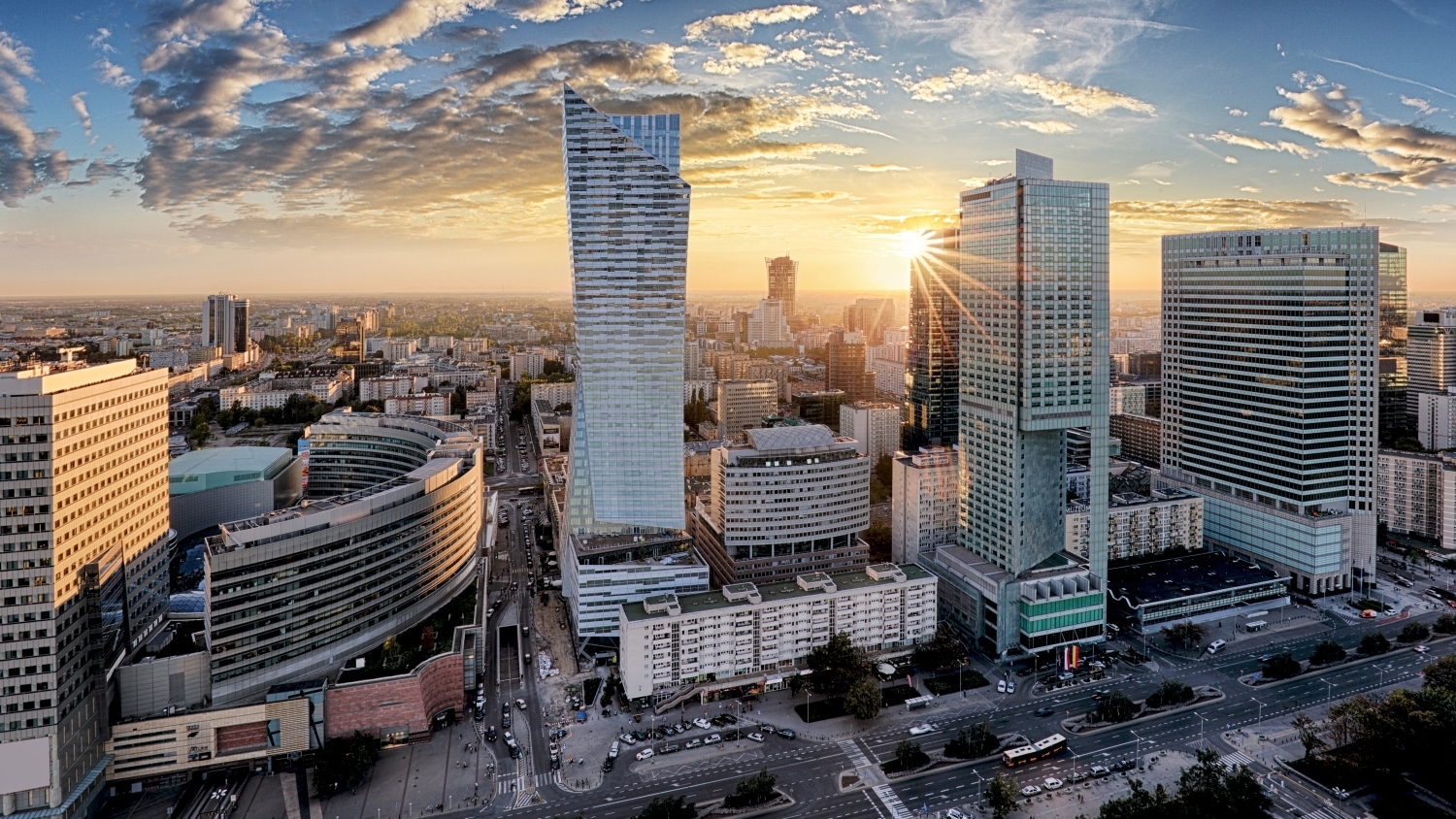
From Q1 to Q3 2017 companies in Poland signed lease agreements for over 1 million sqm of modern office space while nearly 548,000 sqm was delivered to market. Furthermore, 1.8 million sqm of is under construction. JLL summarised the situation on the Polish office market at the end of Q3 2017.
Poland has become an extremely important location for business in Europe. The robust growth of Poland's regional markets combined with the continuous all-time high performances in all office market sectors and the faith that a range of companies and investors have placed in Poland certainly support this hypothesis. Foreign capital is now looking beyond Warsaw with other major metropolitan areas reaping the rewards.
“Poland’s attractiveness and popularity as an investment location has resulted in high demand that has been seen in all major office markets across Poland. By the end of Q3 2017, total demand was over one million sqm of which major markets outside Warsaw accounted for over 466,000 sqm. This is 16% up on the same period last year. Although more than half of the demand volume (56%) outside Warsaw is located in Wrocław and Kraków, all of the regional cities are performing well”, says Karol Patynowski, Director of Regional Markets at JLL.

“Strong demand contributes to favorable supply. Nearly 548,000 sqm was delivered to market between Q1-Q3 2017 and regional cities account for approximately 343,000 sqm of the volume. Q4 is expected to be quite busy for developers with as much as 185,000 sqm planned for completion outside Warsaw in the remainder of 2017. Although the completion of some projects may be postponed until 2018, the new supply volume by the end of 2017 will still be substantial”, says Łukasz Dziedzic, Consultant, Research and Consulting at JLL.
“Construction activity in Poland is buoyant and totals 1.8 million sqm, including 1 million outside Warsaw. That is, of course, a large number, but if one analyses the pre-let share of the under-construction volume, the situation remains positive. Although there may be some increases in vacancy rates, the vast majority of this space will be absorbed shortly after completion”, explains Karol Patynowski.
The lowest vacancy rate was recorded in Łódź (6.7%) and the rate is expected to drop even further by the end of 2017. The highest vacancy rate can be found in Lublin (20.2%) as a result of a large office project being delivered to market. For comparison, the vacancy rate in Warsaw stands at 12.9%.
“As expected, an increase in new supply coming to market has resulted in the vacancy rate edging up in both Kraków and the Tri-City. However, this will be resolved with companies expanding in new developments or entering the cities for the first time”, comments Łukasz Dziedzic.
The highest rent levels in Warsaw were relatively stable. Rents in the Central Business District are balanced between €20.5 and €23 / sqm / month. Prime assets located in the best non-central areas lease for €11.0–16.0 / sqm / month.
The situation in terms of rental levels is still relatively stable in markets outside Warsaw. This is a result of the relative balance between supply and demand. Currently the highest rents are quoted in Wrocław (€13.9 to €14.5 / sqm / month) and Kraków (€13.5 to €14.5 / sqm / month), while the lowest are to be found in Lublin (€10.5 to €11.5 / sqm / month) and Szczecin (€11.5 to €13 / sqm / month).



